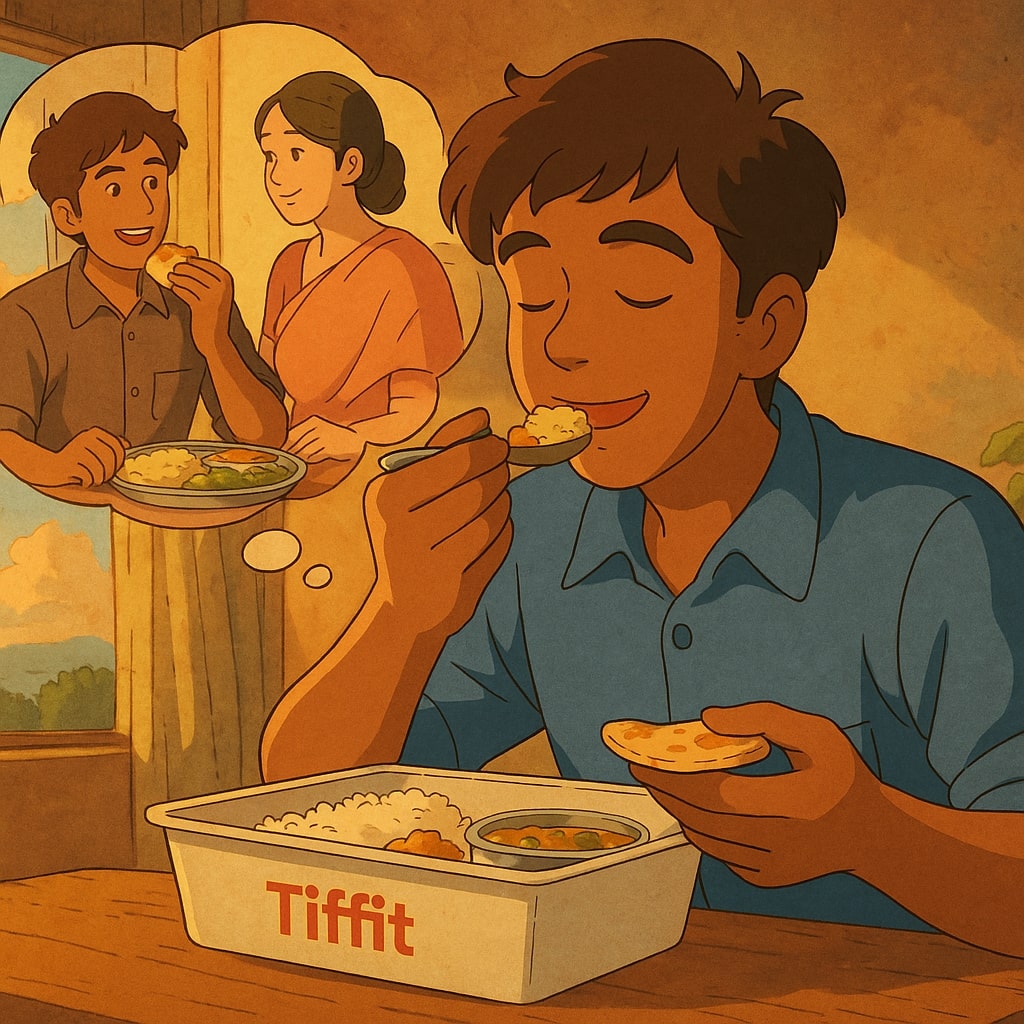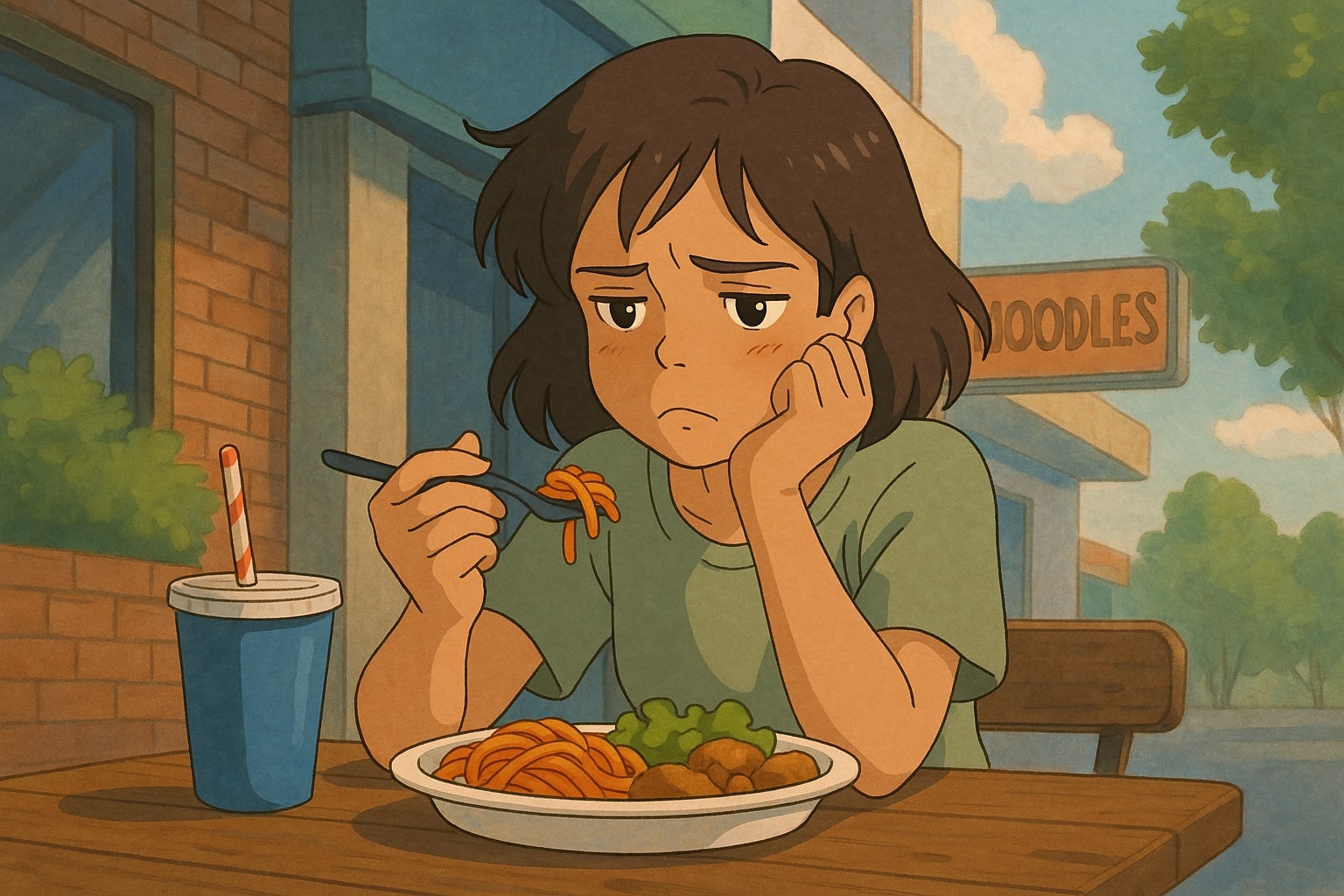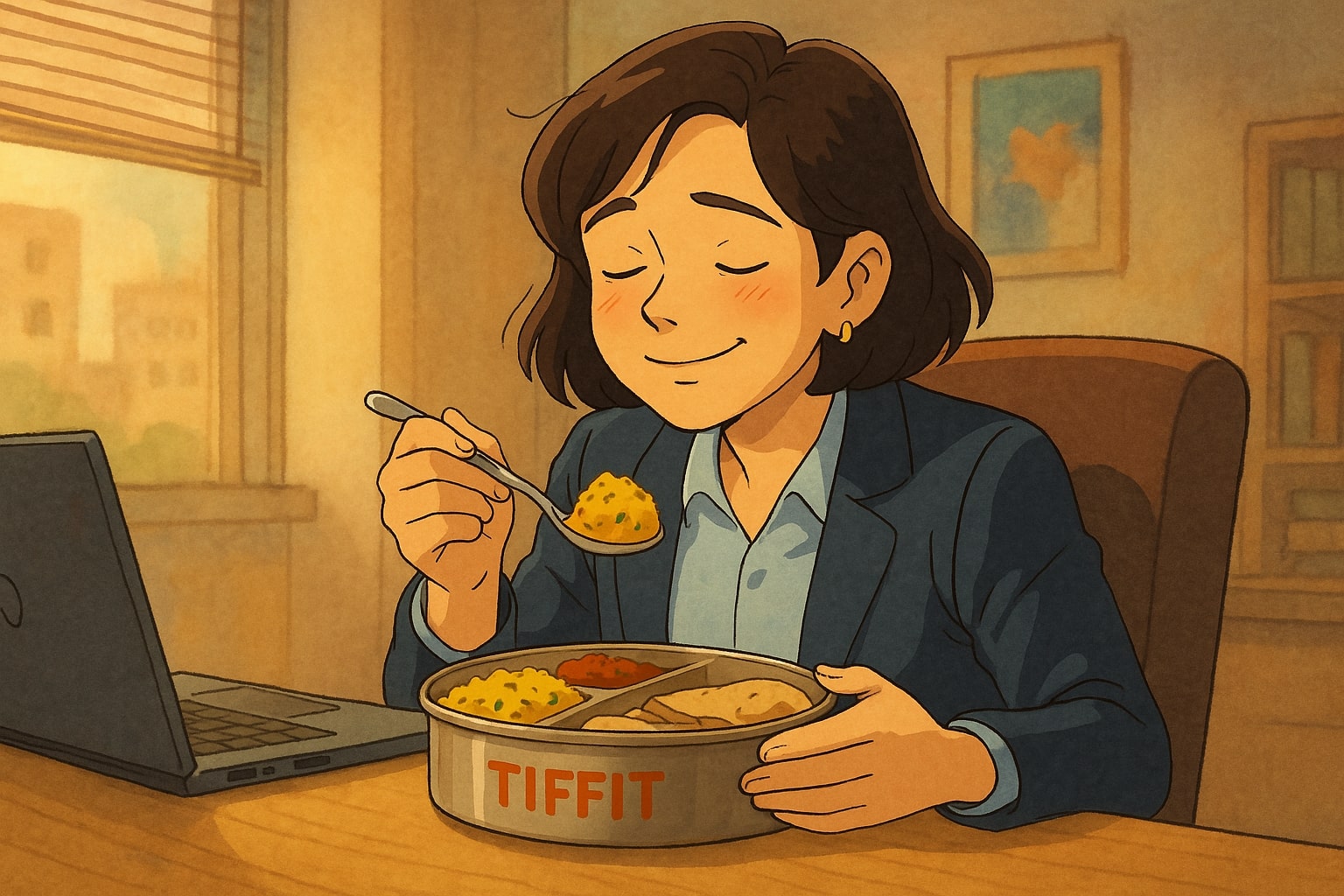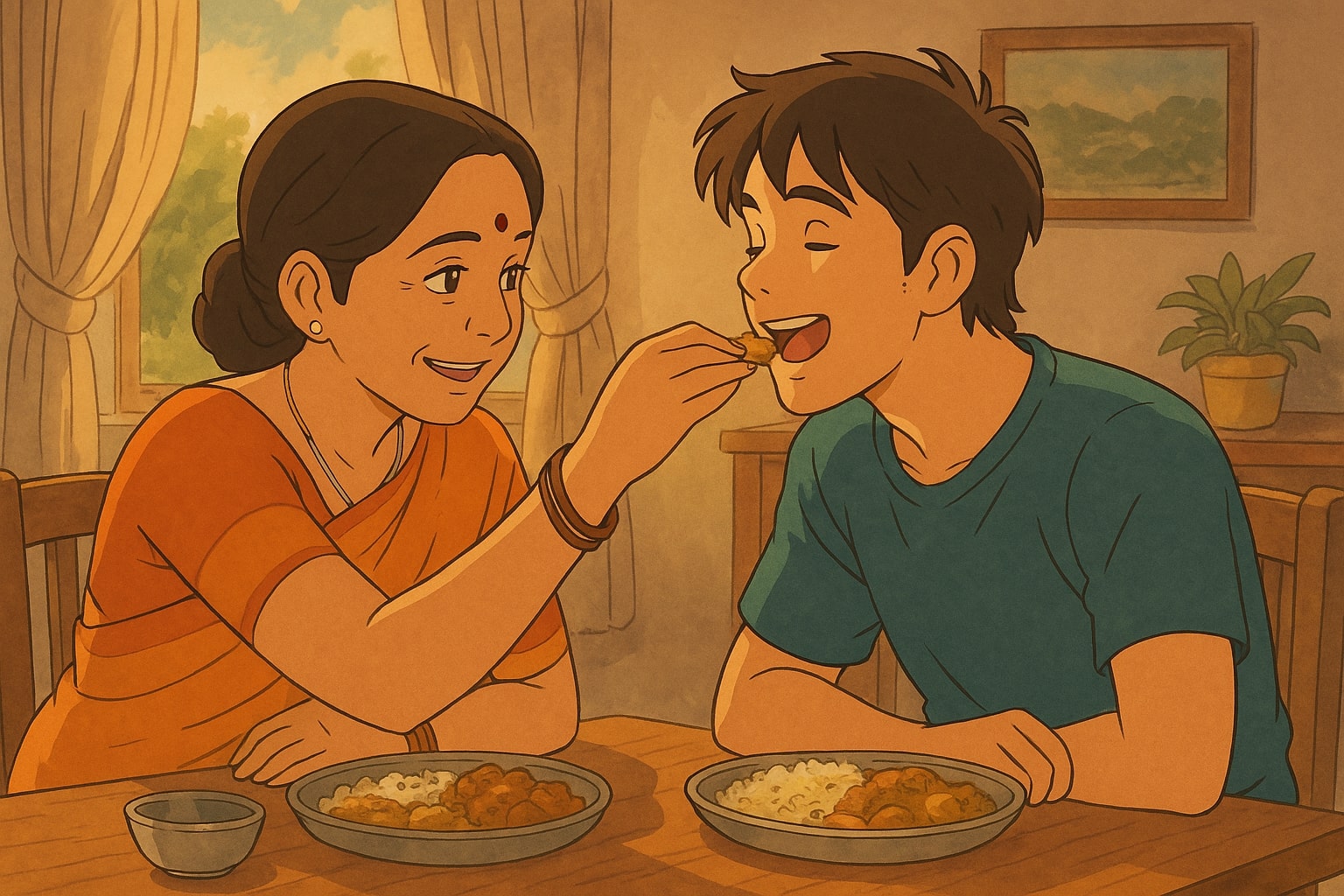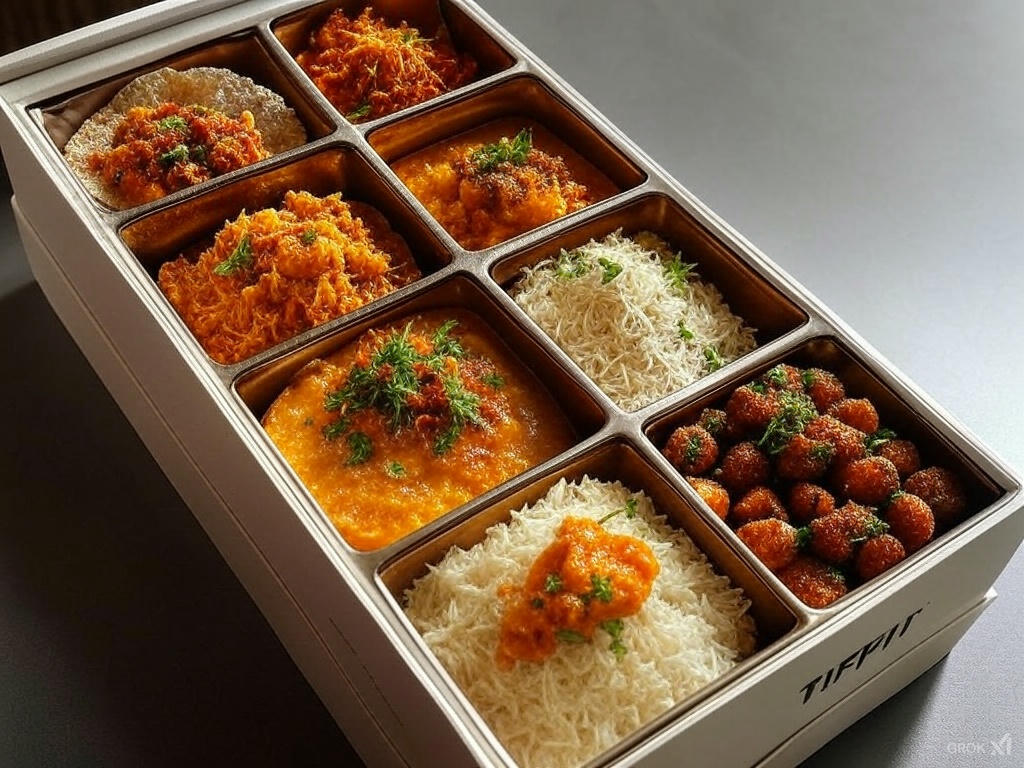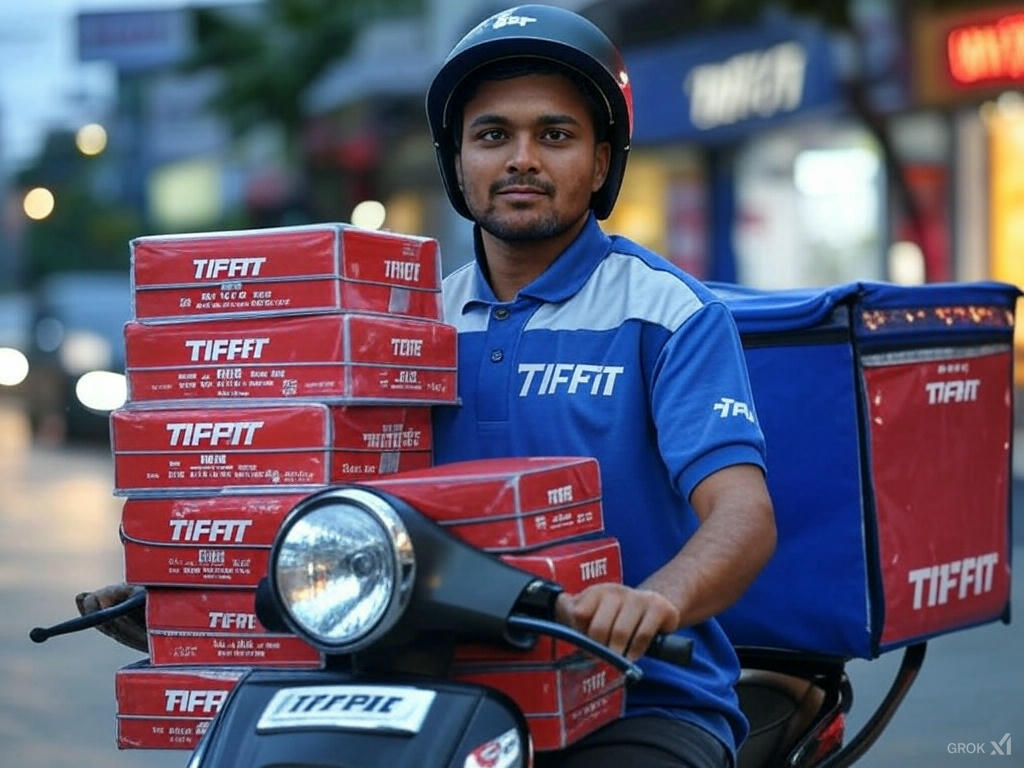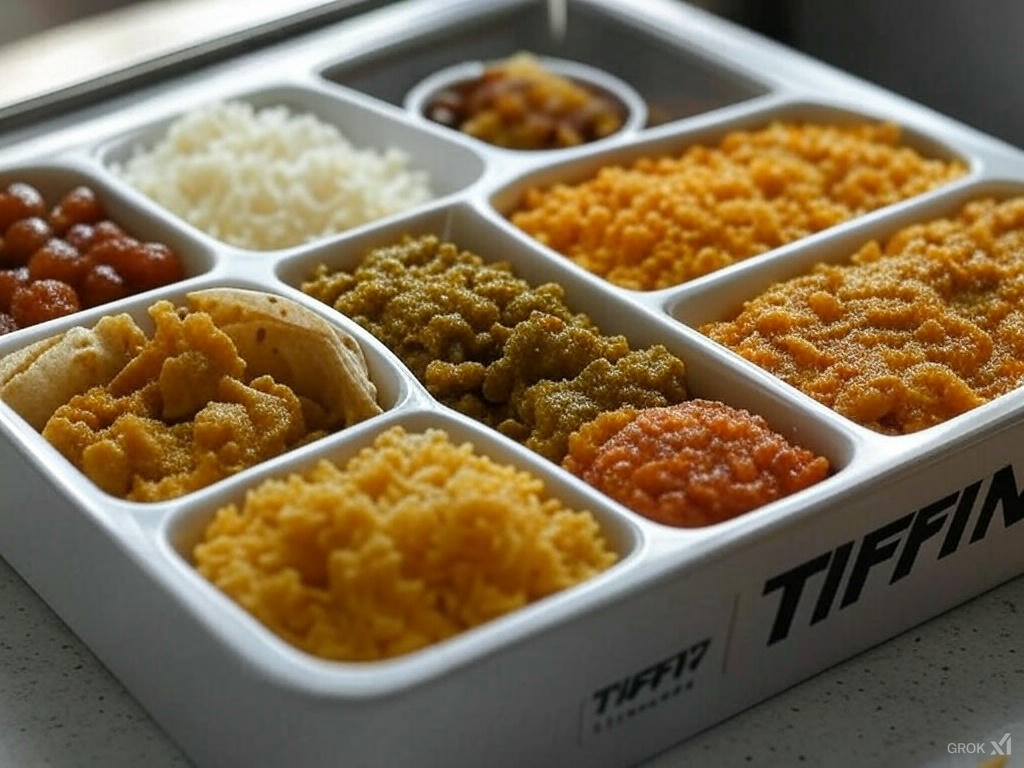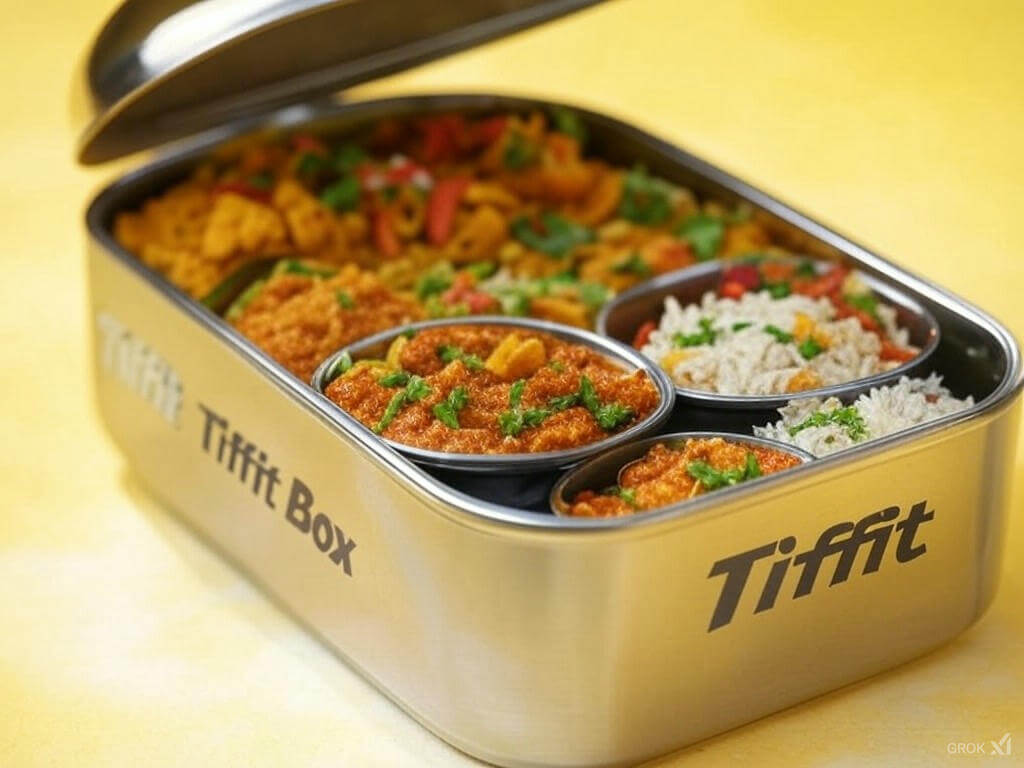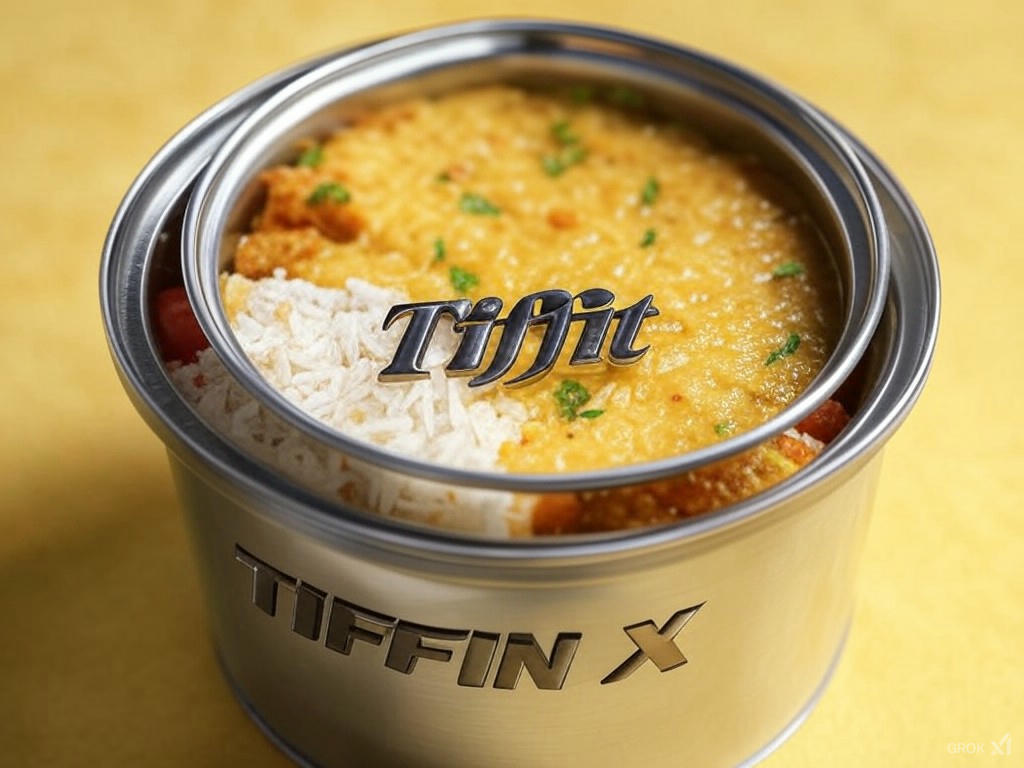It is 8:45 p.m. and Amit has just received his third food delivery of the week. It is a cold paneer butter masala and paratha from a place with an unfamiliar name.
He takes a bite. It’s edible, but loaded with oil and spices. What it doesn't have is- the warmth of a home-cooked meal. No aroma of ghee, no flavour of desi tadka, no hint of ajwain in the paratha to remind him of the Sunday mornings back home in Udaipur.
Food is meant to feed more than just the body. But in the rush of deadlines and online classes, individuals often meet empty fridges after a long, weary day. Many of you, especially students and young professionals living away from family might have a similar life story.
What about your breakfast? Oh- you are planning to grab something on-the-go. Lunch? From the canteen. And dinner? The old, regular food delivery app.
And with all of this, something slowly slips away from your life- the culture, the memory, the soul of the food we grew up on.
Ghar Ka Khana Isn’t Just Tasty- It’s Story of Your Life
That rajma-chawal your mom makes every Sunday? It carries generations in its spice mix.
The mustard seeds crackling in the tadka? The technique followed in Indian households for ages and now it has been passed down with care. The way your mom insists on adding ghee after the dal is served? You miss all of it, right?
You see, home-style food isn’t just about nourishment. It holds language, rituals, festivals, weather, childhood stories- all in one bite. When you eat with your hands, when you lick the katori clean, when you ask for that extra serving of kadhi just because it “tastes like home,” you’re participating in a quiet but powerful act of cultural preservation.
No app-based “order again” button can do that for you.
What Happens When Food Becomes Functional
Of course, modern life isn’t kind to tradition. You’re living in a PG in Faridabad, studying for your finals, maybe juggling part-time work. Who has time to soak chana overnight or do all the chopping and cleaning the kitchen after preparing meals?
And that is why, we look for convenient options like greasy noodles, the plastic-packed rolls, the sugary drinks. They do the job. They fill the stomach.
But they don’t fill the soul. Or, for that matter, the gut.
Over time, we start to feel the constant bloating, the mood swings, and fatigue. It proves one thing for sure: your gut health in an Indian diet isn’t just about what you eat, but how and why you eat it.
Your Gut and Your Mood Are Inseparable
It may sound dramatic, but your gut really is your second brain. And the benefits of home style food feed your gut in the most proper way.
A simple bowl of dahi-chawal can soothe inflamed digestion. A bit of ajwain or saunf in meals can reduce bloating. For gut health, the Indian diet has got everything. A balanced Indian thali, with dal, roti, sabzi, and achar, offers the required nutrition, energy, and strength.
And emotionally? There’s something calming, even grounding about familiar flavours. When life feels unfair, a warm plate of khichdi can feel like a hug.
What Ordering Every Day Doesn’t Give You
Well, the truth is that a lot of us don’t order food online because we want to. We do it because we have to.
We don't have time. Don't know how to cook. Don't have energy left to prepare meals after classes or work.
But here’s the solution: food delivery, which only focuses on convenience, and takes away all the good memories you hold regarding home-cooked food.
But this needs to change. If you're living in Faridabad, you may find places that deliver food within 30 minutes- but will they send you a fresh, home-made paneer sabzi with soft phulkas, rolled in butter paper?
Sounds good, right?
That’s where Tiffit, a home cooked food delivery in Faridabad steps in. It gives you the option to choose nourishment with emotion. Not a generic combo box- but a plate curated by someone who understands what real food feels like.
Read about - Why Your Gut (and Mood) Miss Home-Cooked Food
Food, Memory, and Identity: All Three Are Connected
Here’s something many of us realise only when we leave home: food is the last thing that connects us to our roots. You can adopt a new city, learn its language, make friends from across the world- but the way you crave parathas with chai on a Sunday morning, that stays the same.
It is important to understand that you’re not just eating to survive. You’re eating to remember who you are. Thankfully, there’s a shift happening. Platforms like Tiffit are helping students and professionals rediscover home-cooked meals in the cities they now call home.
From Faridabad to Gurugram, these services connect local home chefs with those who need familiar food made with love. Not restaurant-style. Not mass-produced. Just real food, made in real kitchensby certified home chefs. These are the meals that feel like your mom packed them with her own hands.
With home food delivery for students in Gurugram, you don’t just save time or effort- you save yourself from losing touch with your roots.
A Final Thought, Over a Warm Plate
Maybe it is a super busy Tuesday. Maybe you’re tired and just want something warm to eat. Maybe you’re tempted to tap that ‘Order Now’ button.
Pause.
Ask yourself- do you want to fill your stomach, or do you want to relive a memory of your home kitchen while living a healthy life? Because food, in its truest form, isn’t just what we chew. It’s what we carry with ourselves in our memory.
Download the Tiffit App now and see how our delicious, home-made meals become the most essential part of your daily living.


